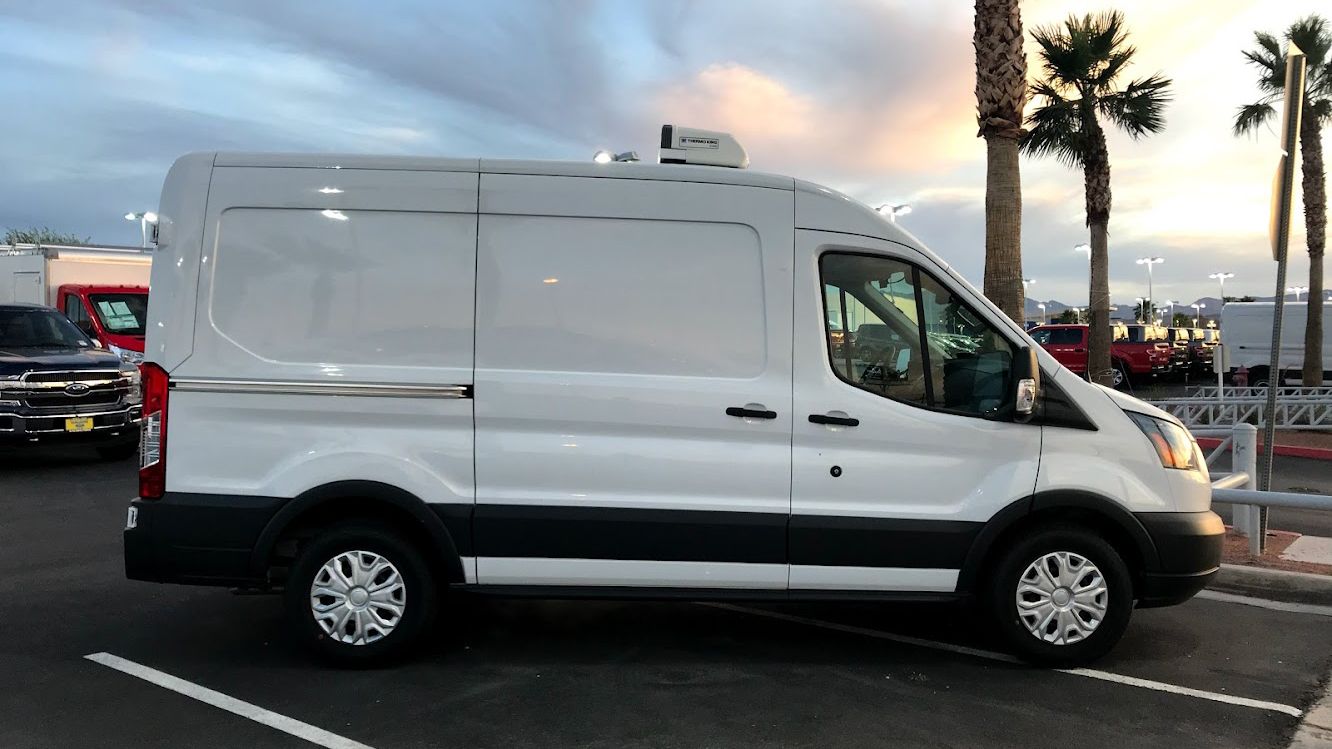With state-level legalization expanding across the U.S., shipping companies face mounting challenges delivering legal cannabis products. Due to cannabis’s federal classification as a Schedule I controlled substance, carriers navigating this emerging market must juggle overlapping jurisdictions, complex risk management, and evolving security mandates—all without reliable federal guidance.
The State–Federal Legal Chasm
Cannabis remains illegal under federal law, even where permitted at the state level. This creates a legal paradox for carriers: they may legally transport cannabis within, say, California, yet operate vehicles that must register with the Department of Transportation (DOT), which regards cannabis transport as federally criminal. In California, this duality forces companies to self-report to federal entities at legal risk. Similar risks exist nationwide: businesses engaging in intrastate cannabis logistics must therefore monitor not only state law, but also federal enforcement, even if those federal statutes remain largely dormant.
Transportation and Driver Regulations
The DOT explicitly prohibits marijuana use for safety-sensitive drivers, including those with commercial driver’s licenses (CDLs). Even in states where cannabis is legal, drivers are barred from using it, complicating recruitment and retention in an industry already suffering shortages. Carriers must regularly test drivers, enforce zero-tolerance policies, and provide training—adding costs and administrative overhead on top of standard logistics duties.
Fragmented Testing Requirements
Without federal coordination, states impose divergent standards for cannabis product testing. Differences in sample size, contaminants, and remediation protocols can lead to unexpected recalls—and associated transport liabilities. A company shipping into multiple states may lack testing reciprocity, increasing risk of shipment failure and financial loss due to uneven regulation.
Traceability, Packaging, and Security
Federal and state authorities require tightly controlled seed-to-sale traceability systems, such as METRC. Shipping firms must ensure secure packaging, inventory segregation, chain-of-custody logs, and integrate with diverse state track-and-trace platforms. Additionally, they are expected to equip vehicles with GPS, tamper-evident seals, and sometimes security escorts—all raising operational complexity and cost.
Banking and Cash Management Challenges
Cannabis’s federal illegality has repeatedly deterred financial institutions from servicing state-legal cannabis carriers, restricting access to banking, loans, and merchant services. As a result, shipping companies often rely on cash reserves, complicating payroll, fleet maintenance, and insurance purchases. This cash-heavy model adds security and IRS Form 8300 reporting burdens.
Ongoing Policy and Legislative Shifts
Federal rescheduling proposals—such as shifting cannabis to Schedule III—offer hope for reduced tax and banking restrictions, but state–federal legal confusion is likely to linger. It could take years for cohesive interstate logistics protocols to evolve. Until then, carriers must maintain adaptable compliance frameworks, monitor driver regulations, and manage fluctuating security protocols.
Final Thoughts
Until federal law aligns with state legalization efforts, shipping cannabis will remain a high-stakes balance act. Carriers must navigate a compliance maze: federal illegality, DOT restrictions, state traceability, testing inconsistencies, and financial barriers. The result is an industry marked by high institutional costs, elevated risk exposure, and minimal room for error. Shipping companies that can master these complexities, however, stand to gain a rare competitive advantage—while those who do not face fines, license revocation, and reputational harm.
Read More: Freight Futures: How Federal Legalization Will Transform Cannabis Shipping

